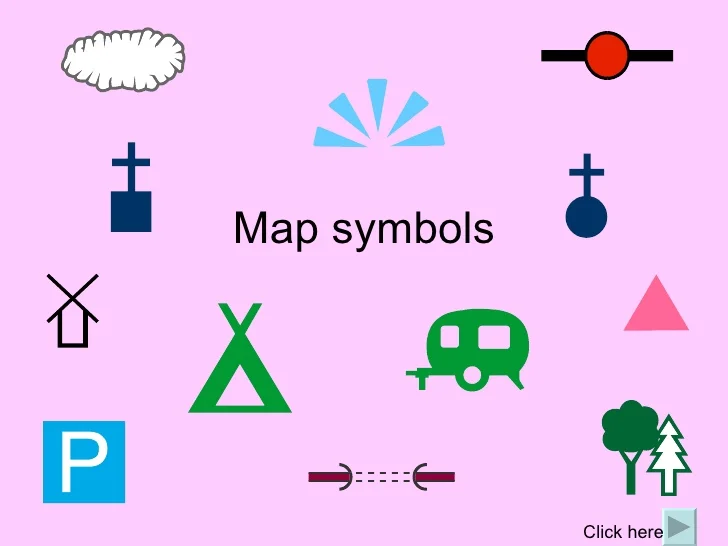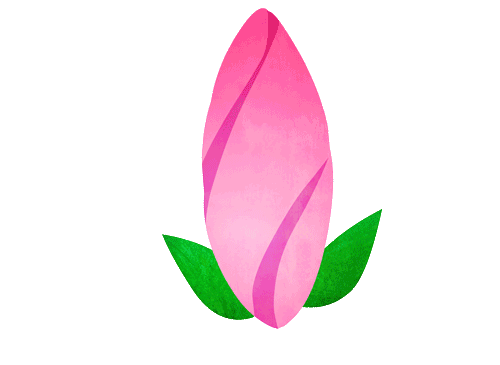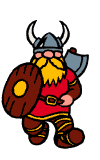Year 5
WELCOME TO YEAR 5
Mrs E. Cannon de Sousa Mrs M. Murphy
We would like to extend a very warm welcome to you and your child and hope that they will have a very happy and successful year.
Science - the order of planets, relative to the Sun in the solar system
Healthy Eating - making fruit ice lollies
Referendum debate
After a research project set for homework, 5C had a very interesting citizenship lesson to learn about the European Community and the European Referendum. The children explored the impact of the possible outcomes and considered arguments for and against the UK being part of the European Union. The debate came to a close with the children making their individual decision in a ballot.
Our overall class decision, after a vote, is to remain as part of the European Union by 24 votes to 5 votes.
We will wait in anticipation for the final outcome next week, 23rd June.
Friends of Emmaus - Year 5 Sponsored Penalty Shoot Out - Well done to James, Erin and Robyn for great goal keeping throughout the day.

EU Referendum Half Term Homework
Newly recruited Year 5 Bully Busters
Science - Is head size bodily proportional to height as we grow?
Mean, mode and median
Summer 1 Topic letter

Research Homework by Leena Vardak
Research homework by James Pederson
Research homeork by Fergal Duffy McManus
Research homeowrk by Jessica Wilson
Science homework- Research a famous naturalist/animal behaviourist
Local Area Field Trip - Part 1
Geography - Local area field trip letter

Science Dissecting Flowers 5M
Science - Dissecting and labelling parts of a flower 5C
Spring 2 - Topic Letter

This half term, the Science topic to be covered will be 'Life Cycles'. During the first lesson we will be investigating parts of a plant and the practical activity will be to dissect a plant. If your child has any allergies regarding the handling of plants, please bring this to the attention of your child's teacher as soon as possible. A letter will be sent home this week as a reminder.
St.John Bosco Visit - The Snow Queen Workshop
A group of Year 5 girls had a fantastic time when they visited St.John Bosco for the day to take part in the Little Startlits project which is designed to make reading and learning more fun and to help children engage creatively with books. This year’s chosen book is entitled, ‘The Snow Queen’, and the workshops merged Literacy with History, Drama and Science Experiments all linked to the chosen book.
Lili Courtney - Journey to Jo'burg book review
Book Week

18th-22nd January
This week was dedicated to each year groups chosen author. Year 5 chose the screenwriter and author Frank Cottrell Boyce who lives in Liverpool. We found out many interesting facts about him and read one of his award winning books called 'Millions'. Take a look at some of the PowerPoints produced by some of our children.
Research Homework by Jessica Wilson
Research Homework- by Fergal Duffy McManus
Frank Cotrell Boyce display
Visiting author David Webb
We also welcomed into school the prolific children's author David Webb. Year 5 enjoyed a 45 minute author talk followed by a 'Writing Workshop'. He used objects to help the children think of story ideas and characters. He then demonstrated how to create an exciting opening paragraph using description, action and dialogue. Read what a few of our children said about him.
I think the best part of Book Week was when we got to meet David Webb
Grace Murray
During Book Week I enjoyed it when David Webb came into school and did the writing workshop because he told us all that we were all authors.
Hannah Butterworth
I liked David Webb the best because he was fun and enthusiastic about writing.
Matthew Haycock
David Webb- Visiting Author
Pupil Voice
Read about 5Ms Book Week experience
Vikings

****Reminder - Thursday 21st January, Portals to Past Viking Workshop
Please remember to come to school in your Viking costume and helmet for a fun packed day!
Thanks to ‘Portals to Past’ for coming to school and delivering a variety of fun packed workshops covering a wide spectrum of facts about Viking life and an overview of the period. We found out about how the Vikings lived, went into battle and whether they were actually that vicious!
‘Vikings weren’t actually called Vikings; they were called Norse Men’ - Spencer Clark
‘Viking’ meant to ‘go exploring’ - Harvey Edgar
‘I was surprised to find out that Vikings didn’t have horns on their helmets’ - Luke Roberts
Year 5 became Vikings for the day. Look at our wonderful costumes.
Viking Activities

Spring 1 Topic Letter
Making 'Decoupage' Victorian Christmas Baubles








Victorian Christmas at Croxteth Hall

Road Safety - Speed Awareness Training
To coincide with Road Safety Week, the Year 5 children took to the streets as part of a Liverpool City Council project to raise awareness and to help the children understand the dangers they face by traffic on the roads. The children used speed guns to record how fast vehicles travelled along the roads close to our school.
Bikeability
Well done to all the children who took part in the first day of the Bikeablity course. Everybody successfully passed the Level one award.
Next week:
5C - Wednesday 25th November
5M - Friday 27th November
Autumn 2
Armistice Day
The children in Year 5 held a two minutes silence and each made a poppy to remember the nation's war dead.






Queen Victoria Presentation by Caitlin Cushion
Healthy Eating Workshop - Making fruit salads
Thanks to Absolutely Catering, the Year 5 children had a fun morning making a healthy fruit salad snack using a delicious selection of fruits.
The children were reminded of the importance of washing their hands before and after preparing food and safety tips whilst using the equipment.
As part of the workshop, we were told the benefits of eating a healthy balanced diet, including a variety of fruits and vegetables as they contain a combination of fibre, vitamins, minerals and nutrients.
It was great to see children trying different fruits which they had not tasted before and it would be good to see more children eating healthy fruit snacks in school.
Website links for half term homework based on Queen Victoria

Bikeability
Bikeability is today’s cycle training programme. It’s like cycling proficiency, but better! It’s about gaining practical skills and understanding how to cycle on today’s roads. Bikeability gives everyone the skills and confidence for all kinds of cycling.
After half term the Year 5 children will have the opportunity to take part in a 2 day programme.
Details will be sent home nearer the time but thought it would be a good idea to get your bike out over the half term to make sure it is in good working order. (brakes, gears, tyres etc)
Bikeability trained cyclists receive a badge and a certificate in recognition of the level they’ve achieved. The certificate also includes areas for further practice noted by the instructor.

Literacy Unit- Children's Significant Authors
We have been learning about Roald Dahl as a children's significant author. We all dressed up as a character from a Roald Dahl story for our year 5 assembly. Can you guess which book we are from?
Roald Dahl Assembly pictures
We have been learning about the country Ghana because it is one of the worlds biggest producers of the cocoa bean.
We decided to design an Adinkra inspired printing block. Read all about Adinkra fabric printing from Ghana.
Adinkra is a printed or stamped traditional cloth made by the Ashanti people in Ghana, especially in the village of Ntonso. Adinkra (ah-DEENK-rah) symbols have been used in Ghana on clothes, walls, pottery and as logos since the early 1800’s, when King Adinkra was a king from the Ivory Coast. The symbols each had a special meaning, and some have been passed on for over 100 years.
We designed and made our own 'Adinkra inspired' printing blocks and then made a repeated pattern.
OUR FINISHED 'ADINKRA PRINTING' DISPLAY
Science - Fair Testing
In Science we carried out a fair test to see if the temperature of water affected the speed in which the sugar dissolved.
Conducting a fair test is one of the most important ingredients of doing good, scientifically valuable experiments. To insure that our experiment was a fair test, we changed only one factor, the temperature of the water, while keeping all other conditions the same.
Traditional costumes from Ghana - This week in Geography we have been researching about life in Mim, Ghana. Thanks to Fergal for bringing this beautiful collection of costumes to school for us to try on.



























































































































































































































































































































































































































































































































































































































































